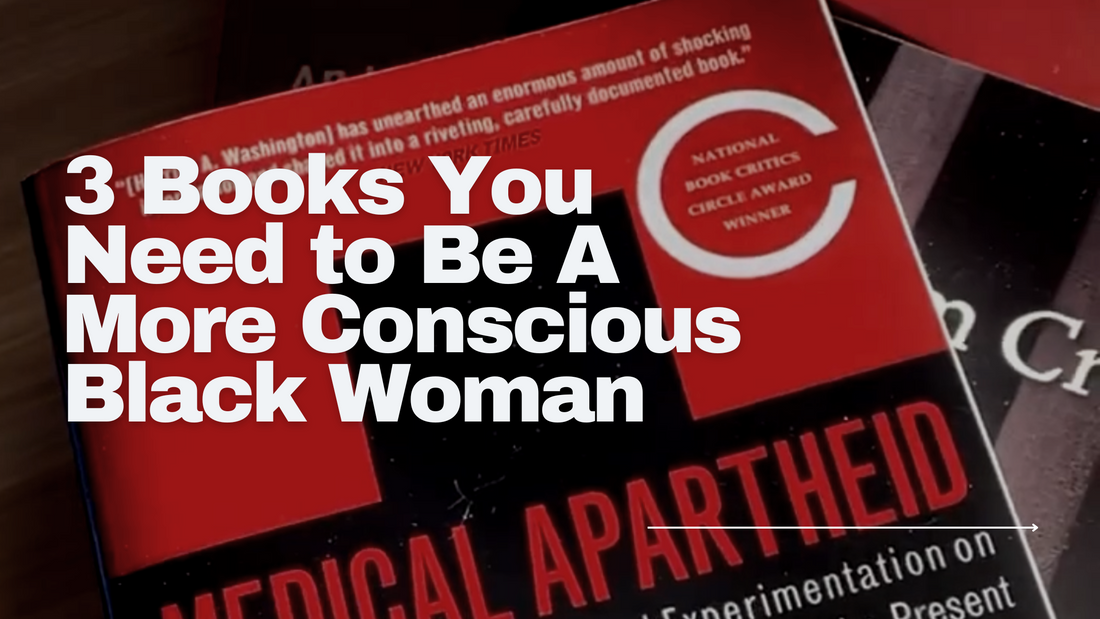Are you a Black woman looking for ways to become more conscious about your identity, history, and place in the world? Are you interested in learning more about your culture and the struggles that have shaped you? If so, then this post is for you! Here, we will explore three books that every Black woman should read in order to become more conscious about her identity and her place in the world. These books will provide you with insight into your history, culture, and experiences and will help you to better understand and appreciate your own identity. So, without further ado, let’s dive in!
An Introduction to Africana Philosophy
An Introduction to Africana Philosophy is a valuable resource for students and scholars alike, offering insight into this area of philosophical inquiry that has been largely neglected in traditional academic settings. It provides readers with an understanding of the various historical contexts of Africana philosophy and how it can help us better understand our current social issues and how they might be addressed. By engaging with this book, readers are sure to gain a deeper appreciation for this field of thought and how it can be utilized to better comprehend our global society.
Written by Lewis R. Gordon, he covers topics such as identity, gender roles, race and racism, justice and power dynamics, spirituality, Afrocentrism, epistemology, and ethics.
New Jim Crow - Mass Incarceration in the Age of Colorblindness
This groundbreaking book by Michelle Alexander is an important read for anyone looking to understand how mass incarceration is used as a tool of racial control. The book argues that despite the election of Barack Obama, the United States has not ended the use of racial caste, instead it has merely redesigned it by targeting Black men through the War on Drugs and the decimation of communities of color. Alexander explains how mass imprisonment of the poor and minorities has exposed the racial and class bias by American politicians and Black leaders, respectively. She notes that the basic structure of legalized discrimination in today's society hasn't changed but instead the language used to justify it has. In today's era of colorblindness, race is no longer used to justify discrimination, exclusion, and social contempt. Instead, officials use the criminal justice system to label persons of color as "criminals" and then they use this label to continue to use old forms of discrimination: employment discrimination, housing discrimination, denial of the right to vote, denial of educational opportunity, denial of food stamps and other public benefits, and exclusion from jury service. This book sheds light on this issue and serves as an important reminder of how far we still have to go in order to truly achieve equality in this country.
You can check out a Michelle Alexander's lecture on her book here.
Medical Apartheid
From the era of slavery to the present day, Black Americans have been victims of medical experimentation without their knowledge or consent. Medical Apartheid: The Dark History of Medical Experimentation on Black Americans from Colonial Times to the Present by Harriet A. Washington details the ways in which slaves and freedmen were used as human guinea pigs for scientific experiments and medical research, often conducted without their knowledge or understanding.
The book reveals how Blacks were prey to grave-robbing as well as unauthorized autopsies and dissections in the early years of American history. In the twentieth century, Washington explains how pseudoscience and eugenics were used to justify further experimentation and shoddy medical treatment of Blacks.
Medical Apartheid sheds light on the notorious Tuskegee experiment, which saw African-American men deceived and denied treatment for syphilis for decades. It also exposes other similar experiments conducted by the government, armed forces, prisons, and private institutions.
Based on her exhaustive research of medical journals and experimental reports, Washington’s book provides an understanding of the roots of the African American health deficit. It serves as a powerful reminder of the deep-rooted racism embedded in our society, and the need to work together to ensure all people have access to quality healthcare.


